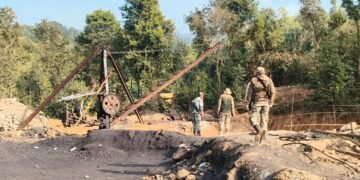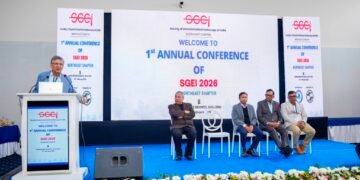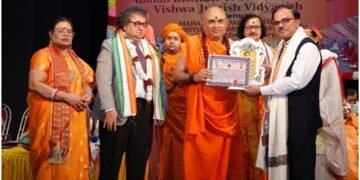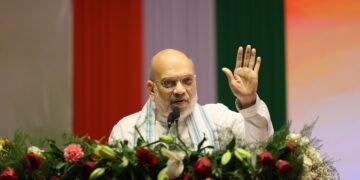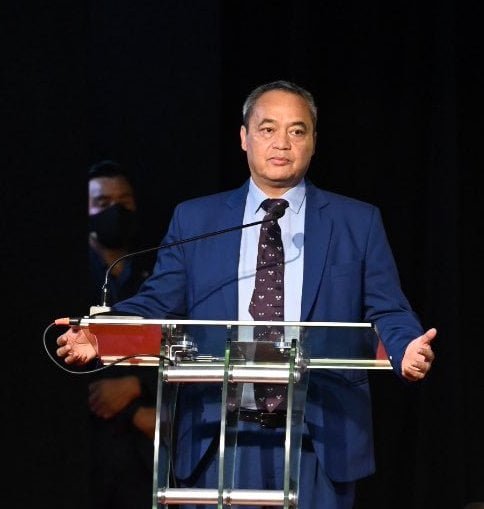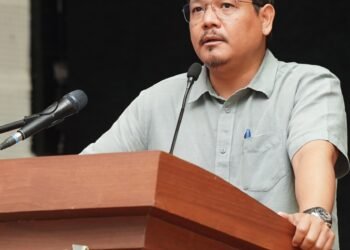Chief Secretary Donald P Wahlang today highlighted the challenges faced by Meghalaya in creating rural infrastructure even after five decades of its formation.
“The challenges faced by the state are primary in the fields of rural infrastructure, accentuated by difficult terrain, building of social capital, ensuring round-the-clock health facility and good education. It (the challenge) also manifests in the form of the lack of employment opportunities, both urban and rural livelihoods and essential services like supply of drinking water and power that can ensure a definitive quality of life,” he said at the function to celebrate 51st statehood day.
Informing that in the education sector, there are close to 15,000 schools, 58,000 teachers, and more than 12 lakh students, he said that the major challenges are the enormity of operations, funding facilities, infrastructure and manpower gaps, which have been addressed continuously.
He said compared to civil states in the Northeast with the same area and population Meghalaya has almost three times the number of habitations and correspondingly three times the number of schools thereby making an education sector more challenging in terms of scale and funding.
“We look forward in the future also to our school upgradation and access to quality education and legacy issues challenge,” he said.
In the health sector, he informed that the state is saddled with high rates of anemia in adults, especially women and malnourishment among children.
“Meghalaya maternity mortality 174 deaths per 1 lakh livelihood is still on the higher side,” he added.
“We have adopted a lifecycle approach to solving these complex challenges. The aim was to support individuals across all stages of life and ensure that the indicators at one stage of life were not perpetrated at later stages. We have adopted a holistic approach towards solving these problems by initiating inter demand, departmental collaboration and collaborating a system of accountability up and down at all levels of the state problem. We focus and we’re continuing to focus on child nutrition, early childhood development immunization and maternal and infant mortality,” he said.
The Chief Secretary also said climate change is a cause for concern, especially when the state is prone to natural disasters like floods and landslides.
“We need to protect our rivers and our forests. The NGT has also mandated that we have to ensure clean rivers and proper solid and liquid waste management teams. We have activated the village employment councils as governing bodies of many of the rural schemes and the community level, which has strengthened village governance and has enabled communities to make pro-active investments in the developmental means,” he said.
Stressing that the need for optimal and reliable power is one of the essential requirements of domestic life and vital for economic activities, he said various steps have been taken to address the challenges.
“The installed capacity today is 356 megawatt. An actual generation is about 1200 milli units, whereas we need about 2000 units’ milli units and therefore there is still a shortfall of about 800 milli units, to bridge the gap. We need to move ahead to new projects and also ensure entry into clean and green energy by engaging in solar and wind energy generation,” he said.
Reminding that on December 1, 2022 India took over the G20 presidency , he informed that India will host about 200 meetings covering more than 13 work streams at three levels, and Meghalaya will be hosting an engagement group level on April 17 and 18 on the theme space economy.
He said that the program will be jointly organized by government of Meghalaya and Department of space that will be a grant of opportunity to leverage our potentials in tourism, textiles trade and make a strong case for boosting the tourism footfall and increase the international trade volume and attract investments in the socio economic sectors in the state.


